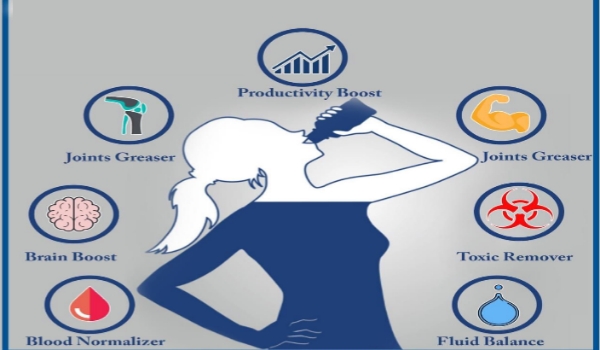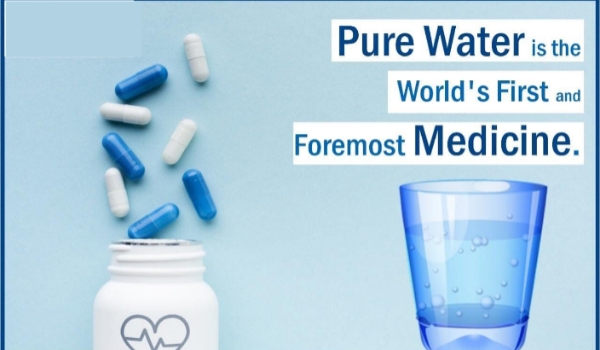Allergies and asthma are often found together. When your immune system misidentifies a harmless substance like pollen or dust as a deadly invader, you get an allergic reaction. Antibodies seek to defend your body from the allergen by attacking it.Allergy symptoms include nasal congestion, runny nose, itchy eyes, skin response, and so on, which are caused by chemicals secreted by your immune system. This same reaction can harm the lungs and airways in certain people, resulting in asthma symptoms.
Most asthma and allergy sufferers try to change their environment to assist them stop sneezing, sniffling, and wheezing. Although doctors tend to focus on reducing air pollution and chemicals in the house, they occasionally miss the role that ordinary tap water might have in exacerbating asthma and allergies.
Chlorine and chemicals
If you or a family member suffers from asthma or allergies, it’s a good idea to test your drinking water. A recent Belgian study found that chlorine, a common chemical added to water to kill microorganisms, may be exacerbating asthma in children. For some persons with asthma and allergies, fumes from chlorine in pools, and even in the shower, can trigger an attack.
Conditions that are caused by chlorine exposure:
- Respiratory conditions (Nose, throat, lungs, asthma, bronchitis)
- Dry or brittle hair
- Dry skin, dandruff, itching and rashes
- Eye irritations
Other contaminants in drinking water can irritate asthma and allergy sufferers. To assist prevent tooth decay in youngsters, fluoride is added to most municipal water sources. Fluoride, on the other hand, can be harmful to some persons who have asthma or allergies.The Annals of Allergy reported a research in 1967 that found allergic skin reactions and asthma attacks in newborns, children, and one adult who were exposed to fluoridated tap water. Families with asthma and allergies can use reverse osmosis filtration to remove chlorine and fluoride from their tap water and consume it from the comfort of their own home.
Drink More Water
Dehydration may play a role in asthma and allergies, according to a recent study. According to one study, a lack of water vapour in the lungs causes the airways to constrict and the lungs of asthmatics to create mucus, both of which trigger asthma attacks.People with asthma should drink at least 10 eight-ounce glasses of water each day, coupled with a pinch of salt, and avoid coffee, according to the researcher. This is because salt balances water in the body, but caffeine dehydrates the body.
To get rapid relief, try sipping hot water and inhaling steam from a bowl or kettle. People should only drink water that has been filtered by a good quality water filtration system because polluted water may contain several allergens that can aggravate their condition.
Resnovae Water Solution’sReverse Osmosis (RO) system removes all chemicals and contaminants. This is the same process that is used to desalinate seawater and make it drinkable. This filtration technology may remove almost all of the fluoride and chlorine from tap water, resulting in clean and safe drinking water.This can be beneficial for a family member who suffers from asthma or allergies and is sensitive to these toxins.
What other steps can be taken?
Filtering chlorine and fluoride out of tap water allows those with asthma and allergies to have even more control over their home environment, allowing everyone to breathe easier. Taking shorter showers and avoiding very hot showers are two other simple ways to limit water irritant exposure (heat increases steam inhalation and opens up the pores for great absorption). It is important to drink and use purified water if you are prone to allergies and asthma attacks. For this purpose, our Resnovae Purifiers are a helpful companion as they work in an effective and efficient manner to bring you purified water to your home.


